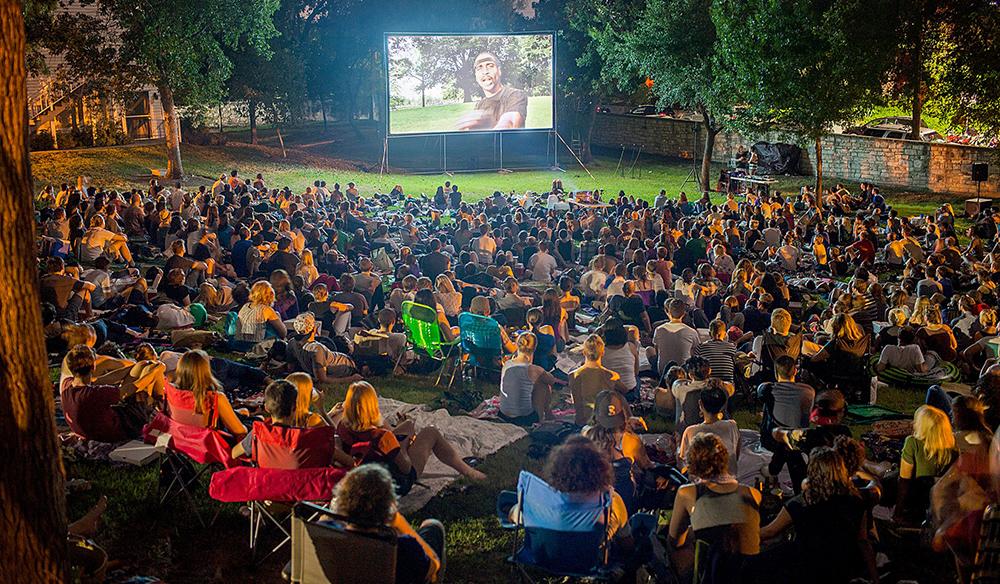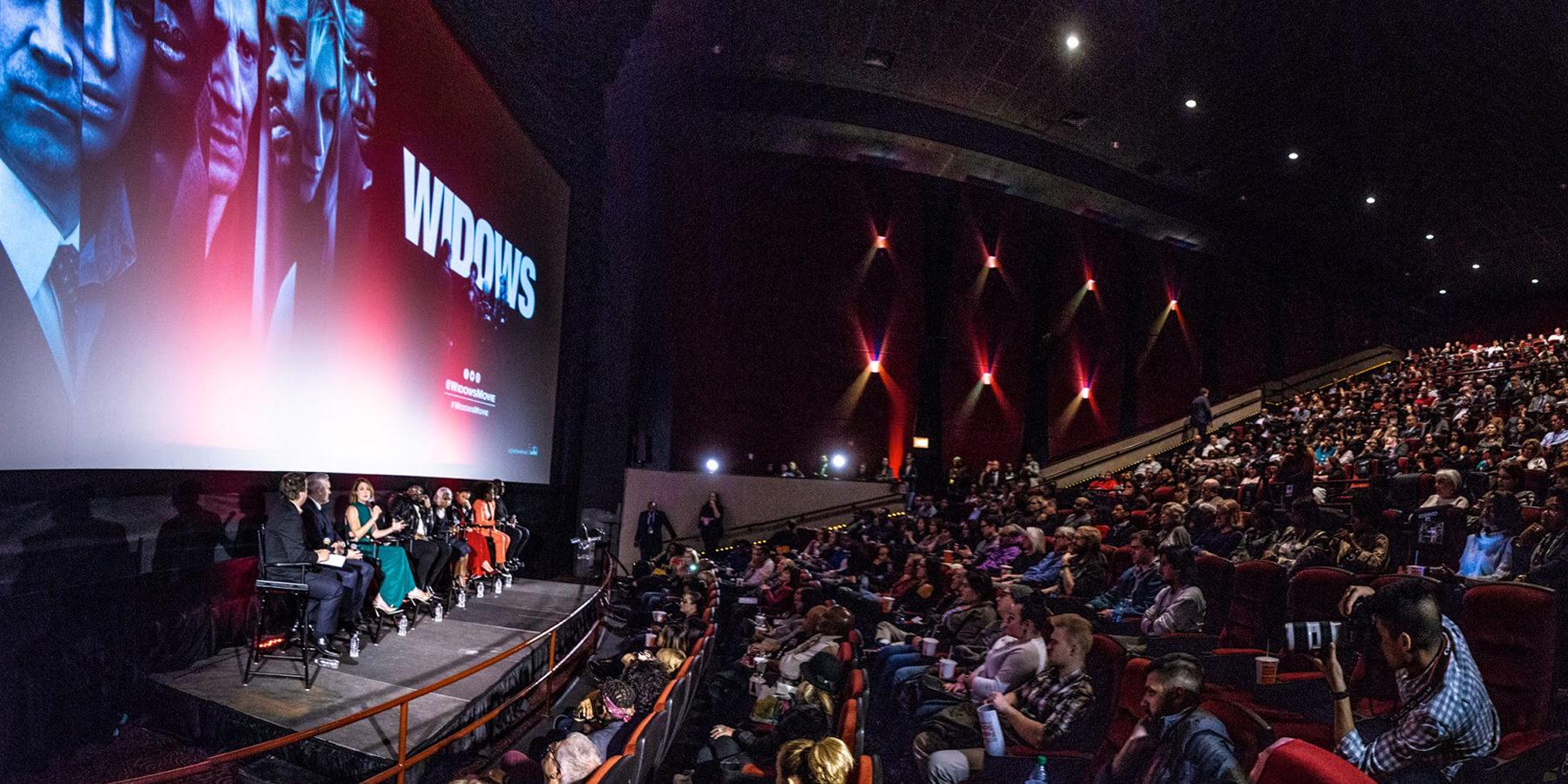In an era where digital streaming platforms dominate the entertainment landscape, film festivals continue to assert their influence as pivotal players in shaping the future of cinema. These events, often seen as the breeding ground for innovation and diversity, provide filmmakers with unparalleled opportunities to showcase their work to global audiences, critics, and industry insiders. As traditional distribution models evolve, film festivals are redefining their roles, not only as launchpads for new talent but also as crucial forums for discussions on cinematic trends, technological advancements, and cultural narratives. This article explores how film festivals are adapting to contemporary challenges and leveraging their unique positions to influence the direction of the film industry, ensuring that cinema remains a dynamic and inclusive art form. Film Festivals on Independent Filmmaking”>
Film Festivals on Independent Filmmaking”>
Impact of Film Festivals on Independent Filmmaking
Film festivals have become a critical avenue for independent filmmakers, offering them a platform to showcase their work beyond the traditional distribution channels. These festivals serve as a crucial stepping stone for emerging talent, providing visibility and networking opportunities that might otherwise be inaccessible. By gathering a diverse audience that includes critics, distributors, and film enthusiasts, festivals help to generate buzz and can even lead to distribution deals. Moreover, the festival circuit has been instrumental in the democratization of cinema, allowing voices from underrepresented communities to reach a broader audience.
- Networking Opportunities: Filmmakers have the chance to connect with industry professionals and fellow creators.
- Market Access: Festivals often attract distributors looking for fresh content.
- Audience Feedback: Direct interaction with audiences can provide invaluable insights and foster community support.
- Awards and Recognition: Winning or even being nominated can significantly enhance a film’s profile.
Furthermore, film festivals are not just about screenings; they often include workshops, panel discussions, and masterclasses that contribute to the professional growth of participants. These educational components help in honing the skills of filmmakers, making them more adept at navigating the complex landscape of the film industry. By acting as incubators for innovation and creativity, film festivals are undeniably shaping the future of cinema, encouraging the production of content that challenges the status quo and offers fresh perspectives.

Role of Film Festivals in Global Cinema Distribution
Film festivals have become pivotal platforms for the discovery and distribution of international cinema, serving as a bridge between filmmakers and global audiences. They not only celebrate artistic achievements but also play a crucial role in the commercial landscape by providing a launchpad for films that might otherwise struggle to gain visibility. Through curated selections and prestigious awards, festivals create a buzz that can significantly enhance a film’s marketability. Moreover, they offer a unique opportunity for networking among industry professionals, facilitating co-productions and distribution deals that might not occur in other settings.
- Market Access: Festivals often attract buyers and distributors looking for fresh content, providing filmmakers with opportunities to negotiate deals.
- Audience Engagement: By showcasing films to diverse audiences, festivals help filmmakers gauge reactions and refine their marketing strategies.
- Cultural Exchange: These events promote cross-cultural understanding by presenting films from various countries, thereby expanding the reach of non-mainstream cinema.
Ultimately, film festivals contribute to shaping the global cinema landscape by influencing which films reach wider audiences and by setting trends that can affect future productions.
Innovations in Film Technology Driven by Festival Platforms
Film festivals have become pivotal platforms for catalyzing advancements in film technology, serving as incubators where creativity and innovation intersect. Augmented Reality (AR) and Virtual Reality (VR) are no longer just buzzwords but integral parts of modern cinematic experiences, often premiered and refined at these events. Festivals like Sundance and Tribeca are leading the charge, providing filmmakers with the resources and audience feedback needed to experiment with these technologies. Such platforms allow creators to push the boundaries of traditional storytelling, offering immersive experiences that transform how audiences perceive and interact with film.
Moreover, the emphasis on sustainable production technologies has gained momentum within these festival circuits. The push for environmentally conscious filmmaking is supported through initiatives like green technology panels and workshops, which are increasingly featured in festival programs. Additionally, the rise of artificial intelligence in post-production processes is being showcased, demonstrating how AI can streamline editing, enhance visual effects, and even predict audience engagement. These festivals act as a proving ground for cutting-edge tools, fostering an ecosystem where innovative ideas can be tested and adopted, thus playing a critical role in shaping the future landscape of cinema.

Recommendations for Filmmakers Navigating Festival Circuits
For filmmakers aiming to make a mark in the festival circuits, understanding the evolving landscape of these events is crucial. Film festivals are no longer just about screening films; they are dynamic platforms for networking, distribution, and learning. To navigate this complex ecosystem effectively, consider the following recommendations:
- Research and Select Wisely: Not all festivals are created equal. Some specialize in specific genres or themes. Align your film’s goals with the festival’s focus to increase your chances of acceptance and meaningful exposure.
- Engage with the Community: Networking is key. Attend panels, workshops, and Q&A sessions. These interactions can lead to collaborations, funding opportunities, and insights into industry trends.
- Prepare for Diverse Feedback: Be open to critiques and suggestions from a diverse audience. This feedback can be invaluable for refining your craft and understanding different cultural perspectives.
By strategically approaching festival circuits, filmmakers can not only showcase their work but also contribute to shaping the future narrative of cinema. Embrace these opportunities to expand your horizons and grow as an artist in the ever-evolving cinematic world.
Insights and Conclusions
film festivals are undeniably playing a pivotal role in shaping the future of cinema. By providing a platform for diverse voices and innovative storytelling, they are expanding the boundaries of traditional filmmaking and fostering a global dialogue among creators and audiences alike. As technological advancements continue to influence the industry, festivals are adapting by incorporating virtual screenings and interactive experiences, thus reaching broader audiences and enhancing viewer engagement. Moreover, the emphasis on sustainability and inclusivity within these events reflects a growing awareness of the social responsibilities that accompany artistic expression. As we look to the future, it is clear that film festivals will remain instrumental in driving cinematic evolution, serving as incubators for new talent and ideas while bridging cultural divides. Their impact on the art and business of filmmaking underscores the importance of continued support and investment in these vibrant cultural institutions.
